Rio Olympics 2016: IOC announces new plans and more money to target drug cheats
- Published
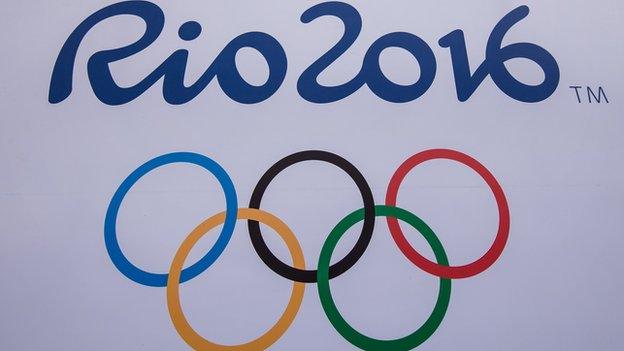
The Rio Olympics runs from 5-21 August
The International Olympic Committee (IOC) is to target Russia, Mexico and Kenya for drug testing ahead of the Rio Olympics.
The executive board of the IOC backed extra focus on countries whose testing programme is deemed non-compliant by the World Anti-Doping Agency.
The board said: "We are taking further decisive action to protect the clean athletes at the Olympic Games 2016."
The IOC budget for the pre-Olympic testing programme has been doubled.
The committee has stepped up its fight against drug cheats after it was confirmed up to 31 athletes from six sports could be banned from the Rio Games following the retesting of 454 selected doping samples from the 2008 Games.
Olympic chiefs have also announced that 23 competitors at the London 2012 Games have failed retrospective doping tests.
Russian athletes are currently banned from international competition after allegations of state-organised doping.
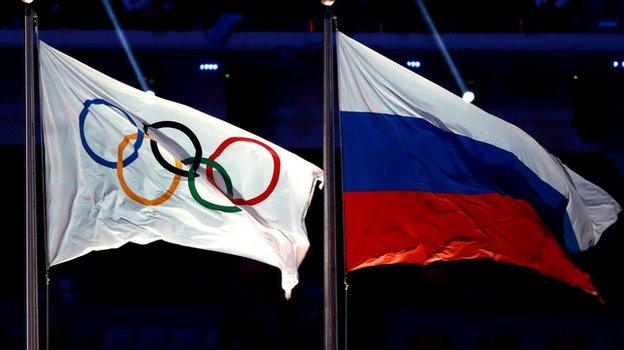
Russia was suspended from international competition in November
The executive board has agreed a five-point plan:
1 Pre-Olympic testing programme
The IOC says its programme comes on top of an extensive drive already being carried out by International Federations and National Anti-Doping Organisations.
As well as focusing on non-compliant countries, such as Kenya, Russia and Mexico, a special focus will also be put on those sports which WADA has declared most affected.
2 The Re-testing programme
Under the IOC's disciplinary commission, international federations are working for swift decisions including the suspension of all implicated athletes for the Olympics in Rio.
3 Meeting of stakeholders
An Olympic stakeholder meeting in June will co-ordinate the approach among international federations, which take the first decision of the eligibility of athletes with respect to qualification for and participation in the Olympic games.
4 Extension of the re-testing programme
The re-analysis programme for the Olympics in Beijing 2008 and London 2012 will be further extended. Together with WADA, the IOC will target medallists from both games for possible re-analysis.
5 Olympic summit
An Olympic summit in October will evaluate and review the doping programme and measures taken for the games in Rio.
The IOC will continue to push for all testing independent from sports organisations and to establish such an independent process, working with WADA, in time for the winter Olympics in PyeongChang 2018.
Talking tough
The IOC's Executive Board added in a statement: "The fight against doping is a top priority for the IOC, which has established a zero-tolerance policy.
"The IOC will not hesitate to punish anyone within its reach responsible for using or providing doping products or methods, including officials, coaches and other members of the athlete's entourage."
Subscribe to the BBC Sport newsletter, external to get our pick of news, features and video sent to your inbox.
- Published1 June 2016
- Published27 May 2016
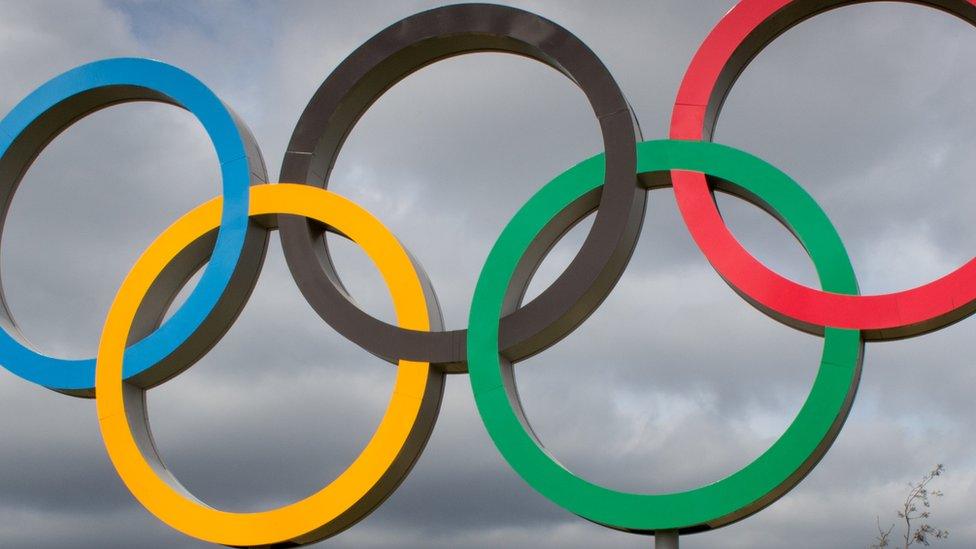
- Published12 May 2016
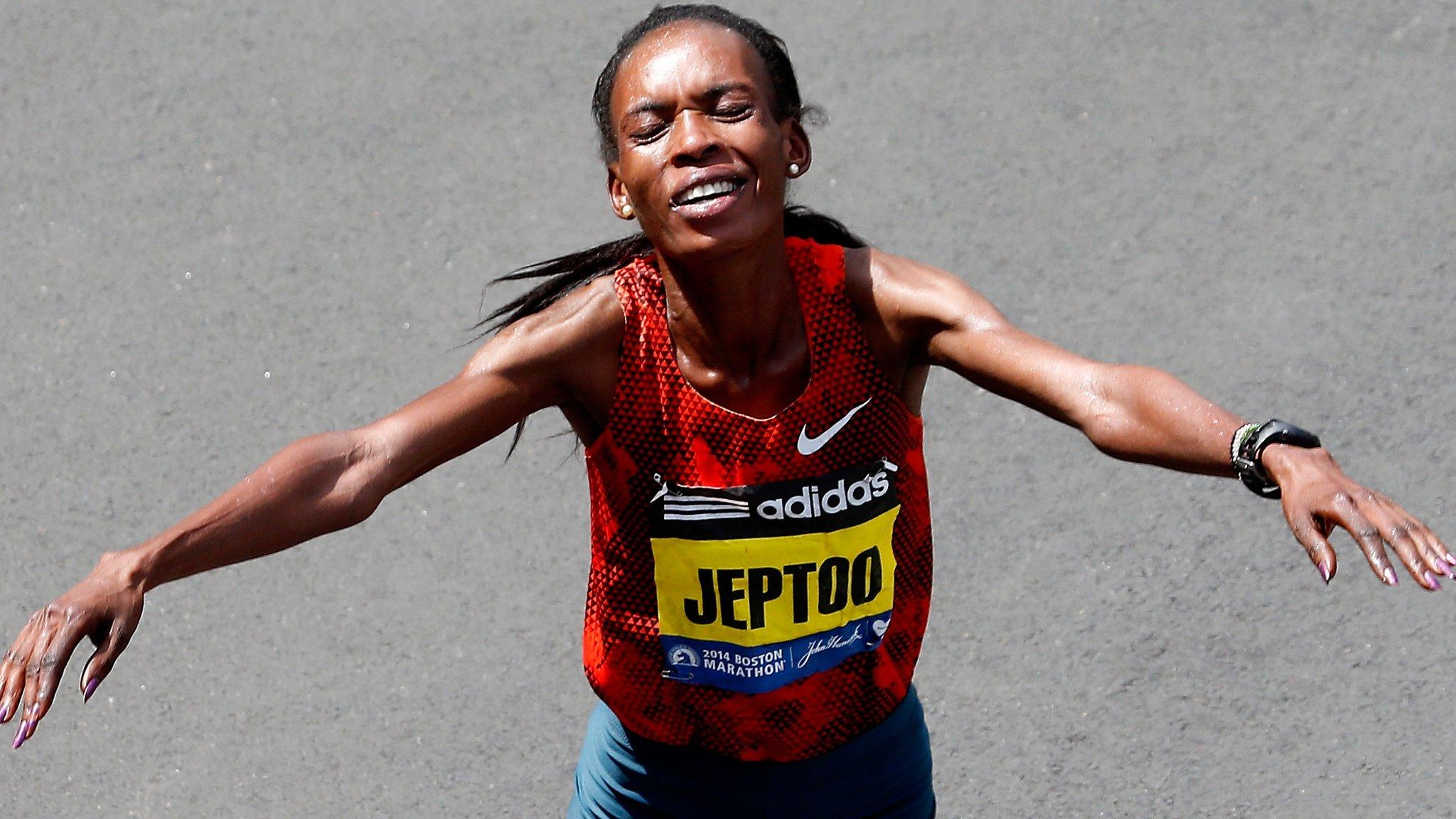
- Published28 May 2016
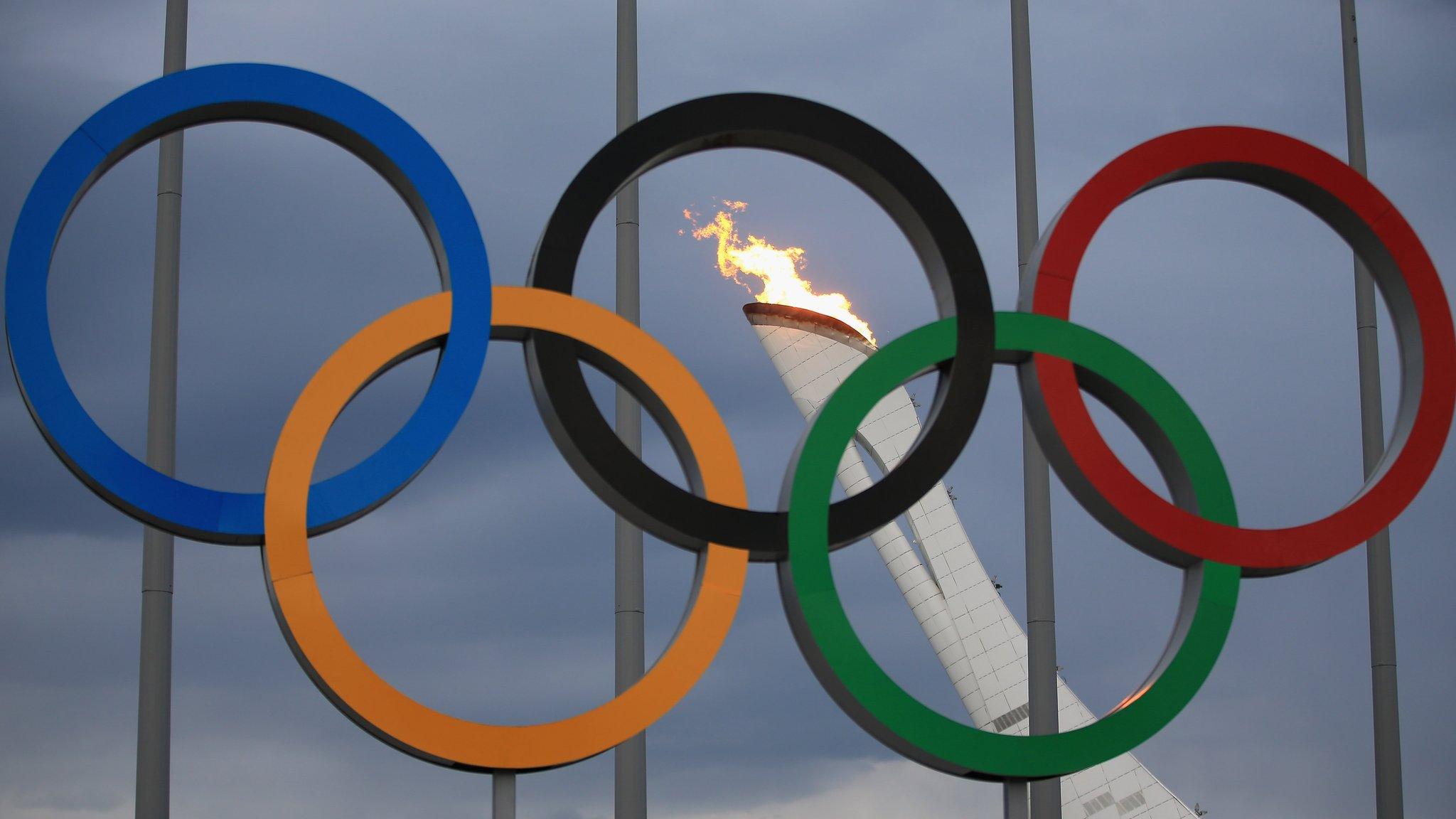
- Published19 July 2016
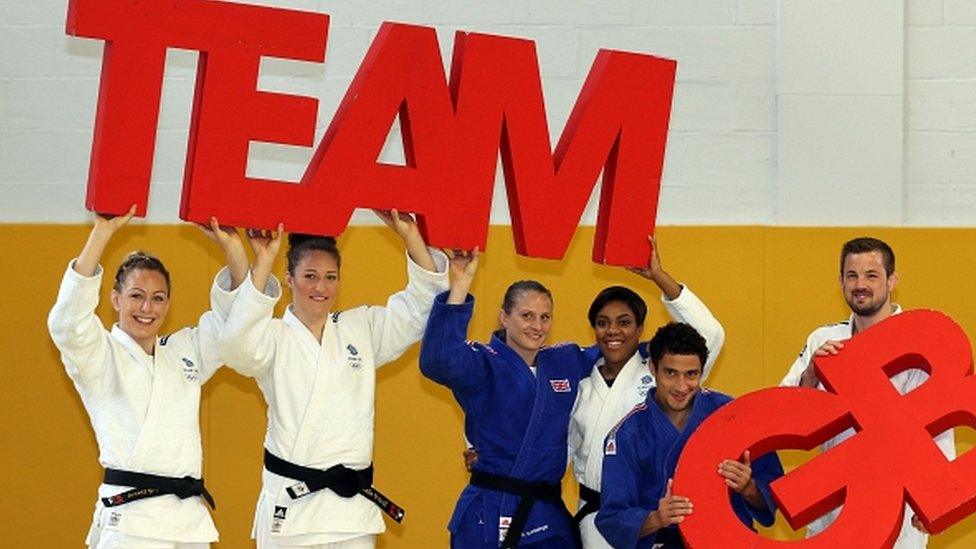
- Published13 May 2016

- Published19 July 2016
